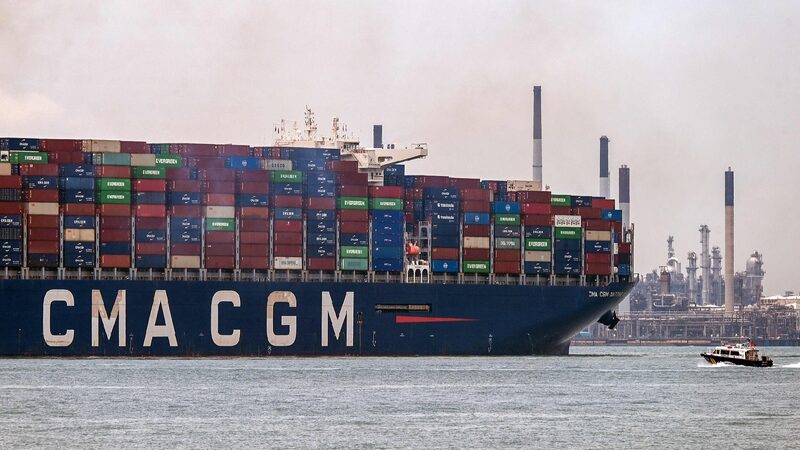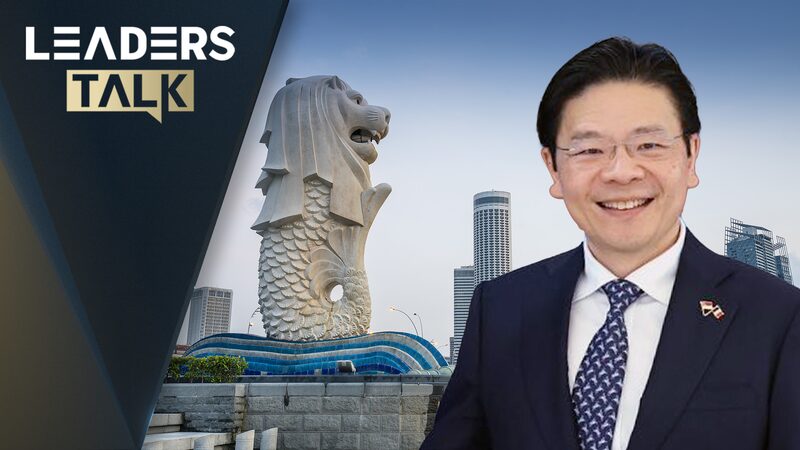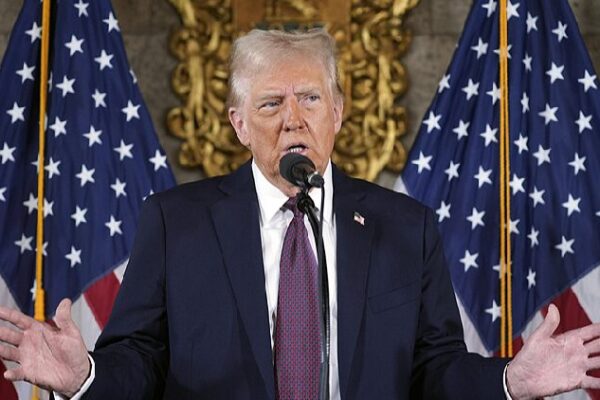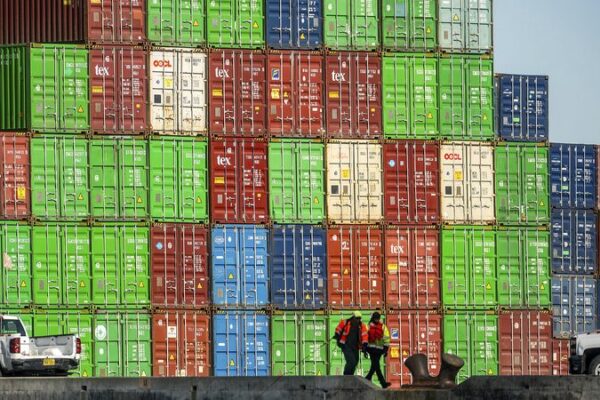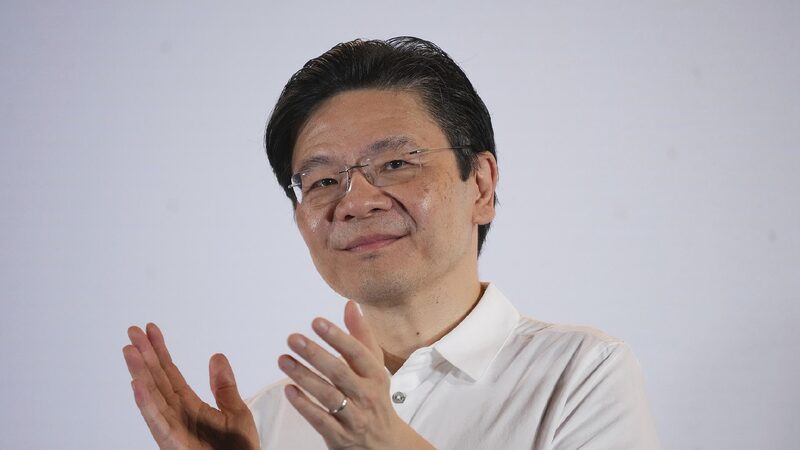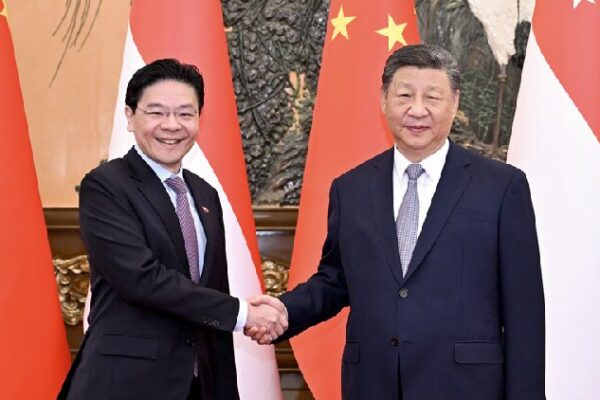Singaporean Prime Minister Lawrence Wong has declared that the ‘era of rules-based globalization and free trade is over’ following the United States’ implementation of tariffs on trading partners around the world. In a video message posted on his social media channel on Friday, Wong described the move as a ‘seismic change in the global order’ that poses serious threats to small and open economies like Singapore.
On Wednesday, the US introduced a 10% ‘minimum baseline tariff’ on all imports, including those from Singapore, with higher rates applied to certain trading partners. The tariffs mark a significant shift in US trade policy and have sparked concerns of a global trade war, with world markets reacting negatively.
‘The United States is abandoning the entire system it had created,’ Wong said, warning that applying reciprocal tariffs on a country-by-country basis represents ‘a complete rejection of the WTO framework.’
While the immediate impact of the 10% tariff on Singapore might be limited, Wong cautioned that the broader consequences could be extensive, potentially disrupting global supply chains and affecting international trade relations.
Experts have expressed concern over the US tariffs. Stephen Orlins, president of the National Committee on US-China Relations, pointed out that while the tariffs aim to bring manufacturing jobs back to the US, the role of automation means that job creation may be minimal. ‘They’re going to create some jobs, but it’s not going to be a huge number,’ he said in an interview. ‘I went to a factory the size of a football field, and there were probably 10 workers in the whole factory; it was all automated.’
Orlins expressed hope that the US government would be open to negotiations to reduce the tariffs, emphasizing the importance of dialogue in resolving trade disputes.
The global community watches closely as these developments unfold, with many concerned about the potential for escalating trade tensions and their impact on the world economy.
Reference(s):
Singaporean PM says 'free trade is over' after Trump's tariffs
cgtn.com
